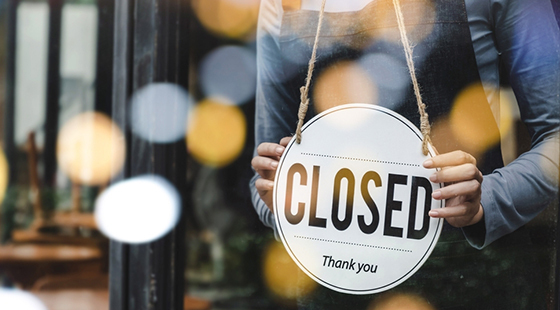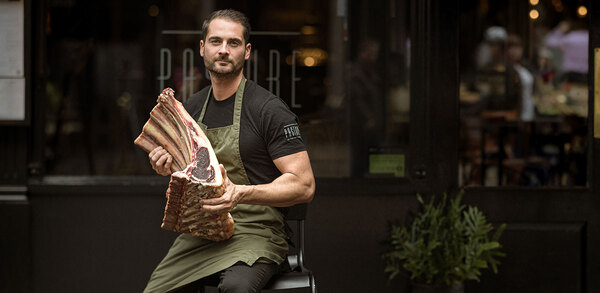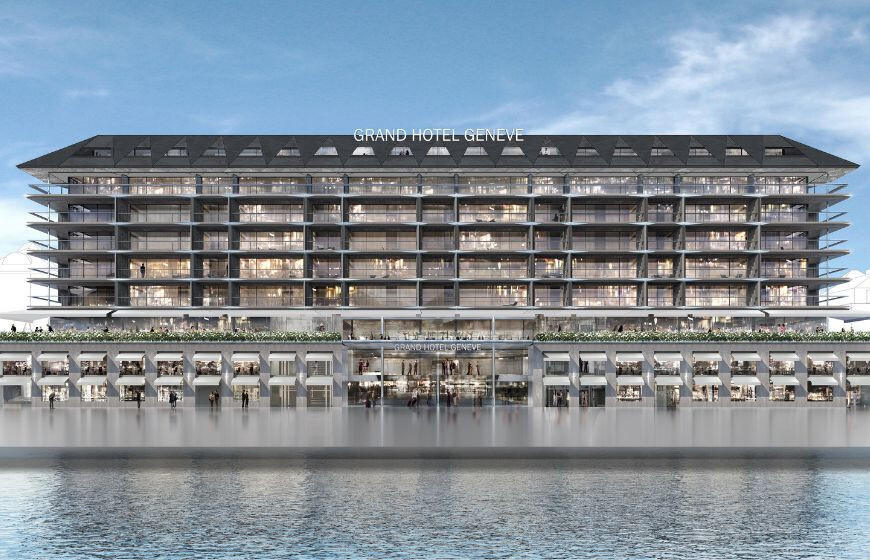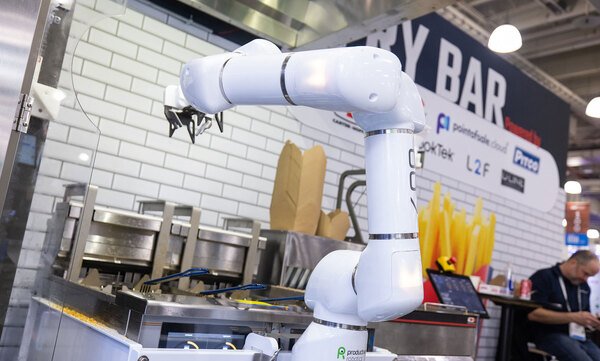IHIF 2018: Experts urge hoteliers to invest in staff security training
Experts have urged hoteliers to invest in the security training of staff and hospitality students.
"For a hotel to actually be safe everything is irrelevant if the person at the front desk doesn't know what to do," said Mac Segal, head of fixed site and hotel security consulting at AS Solution.
He was speaking on a security and crisis management panel earlier this week at the International Hotel Investment Conference (IHIF) at the InterContinental Hotel Berlin in Germany. It was acknowledged that the sector is often caught up in incidents, with venues often attracting crowds and seen as soft targets.
He said: "If we care about keeping our guests and employees safe, then we should ensure they know what to do when something goes wrong."
He said training should include more than ‘if you see something, tell someone', expanding to what staff should be looking for and exactly who to tell in such situations. He stressed that security training can be fun, for instance, he may hide a red box in a client's hotel, and the first member of staff to find it earns a reward. It means they learn to keep their eyes open for anything out of the ordinary, he says.
Paul Moxness, vice president of corporate safety and security at the Radisson Hotel Group, said part of the solution is in empowering staff: "You need to give them tools that give them the confidence to deal with a situation, and if they can't they know who to call for support. The day-to-day activity of every individual member of staff sets the level of security at the hotel."
Segal acknowledged that guests don't want to feel like they're entering a prison telling those gathered: "In a hotel we have to train our people to be effective but also be sensitive to the guest experience." He added that security teams need to feel part of the hotel team, asking: "They're front line-facing. They are part of the guest experience, don't you want them to do it well and efficiently."
He added that visitors will evaluate hotels on their own expectations, so those coming from countries with higher security regulations will pick hotels that feel equally as safe, so particularly if a hotel is looking to attract government-level VIPs, it will absolutely see a quantifiable return on the investment it makes in security.
Andy Cox, a partner in Control Risksâ crisis and security consulting practice, added that hotels need to look at the threats and trends in their location to appropriately inform staff training, as well as its guest profile.
Moxness also urged hoteliers to work with authorities, hotel associations and regulatory bodies to make destinations safer. âIt doesnât matter if we have a really safe hotel if no-one is coming to that destination,â he said, âcollaboration is important. It doesnât have to hit a hotel to hurt our market. All the market forecasting will go straight down the drain if a destination has a major incident.â
Hotel Forum 2017: How to run your hotel in 2018 >>
Hotels facing drop in business following London Bridge attacks >>
Videos from The Caterer archives

















